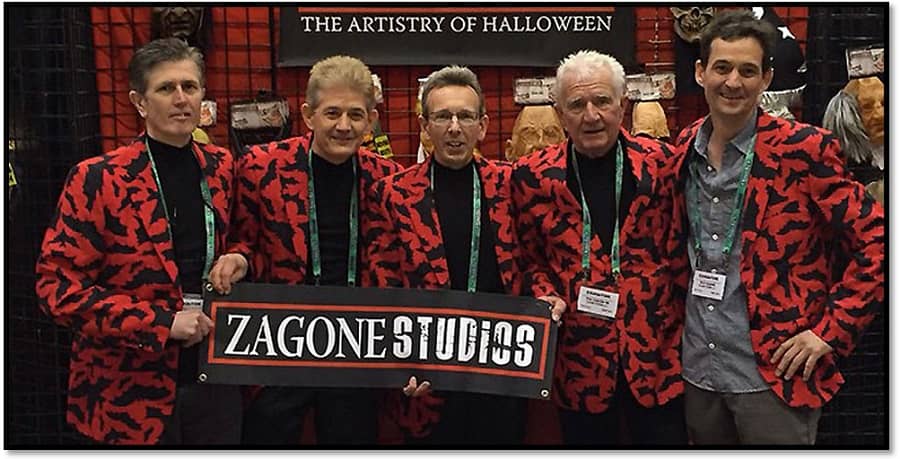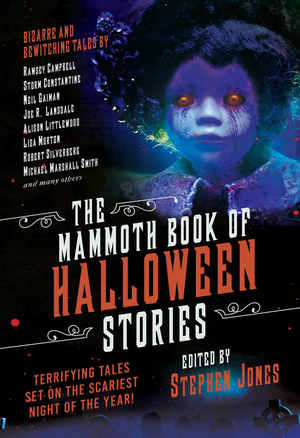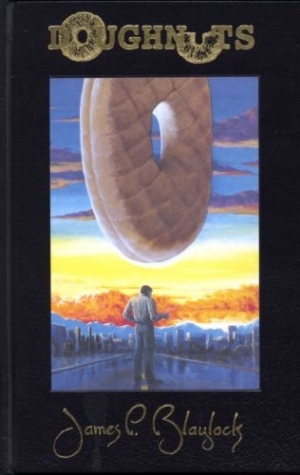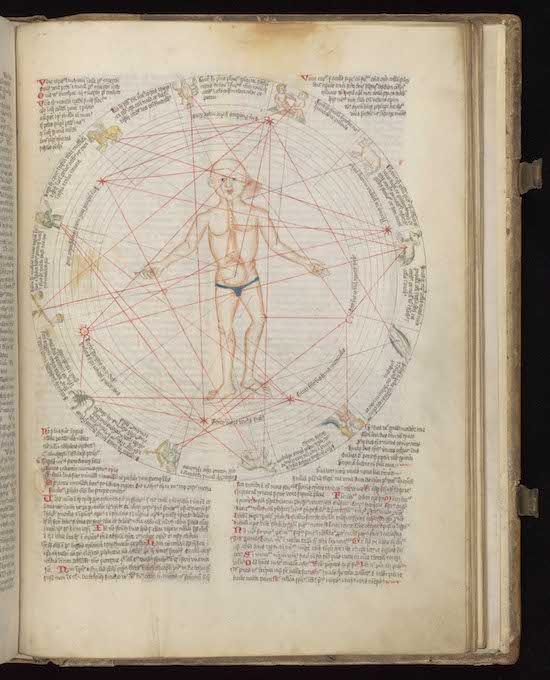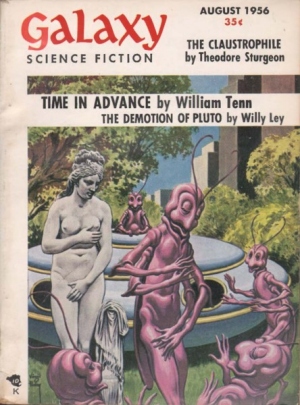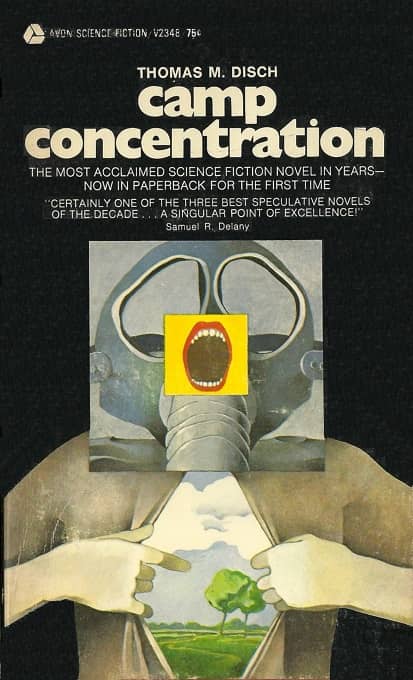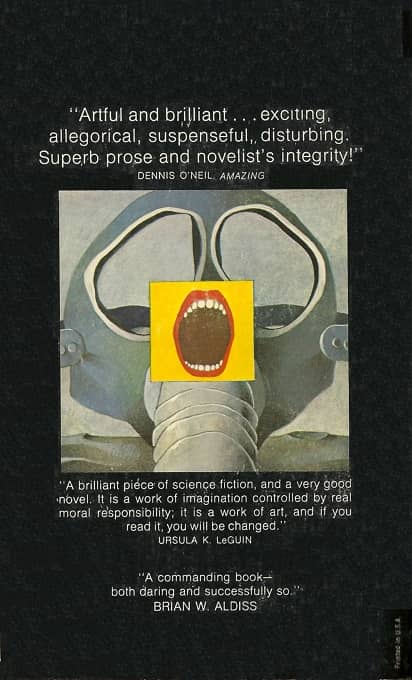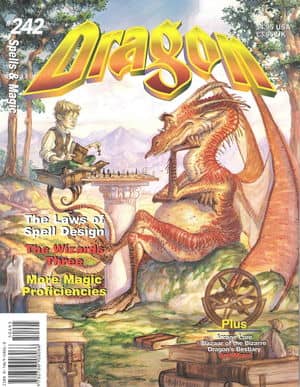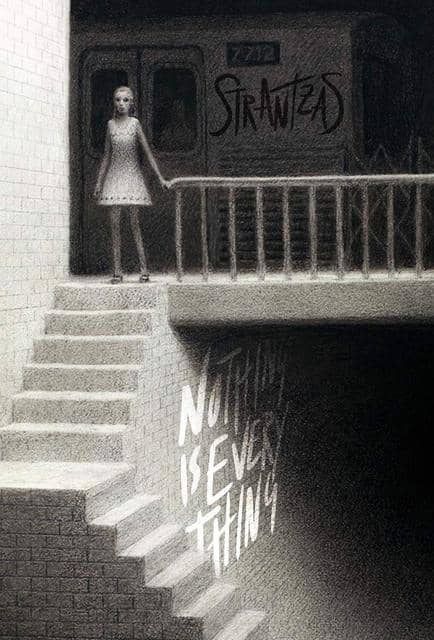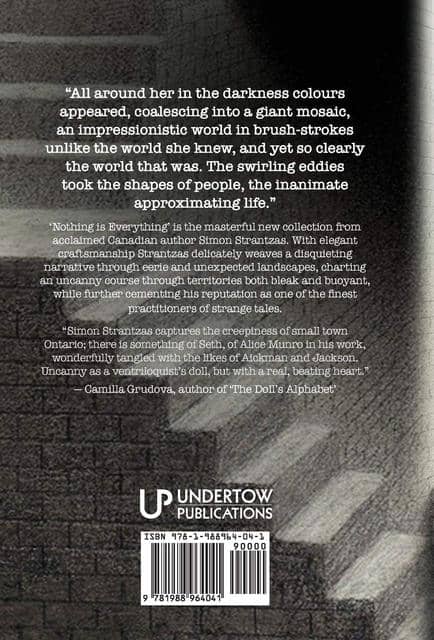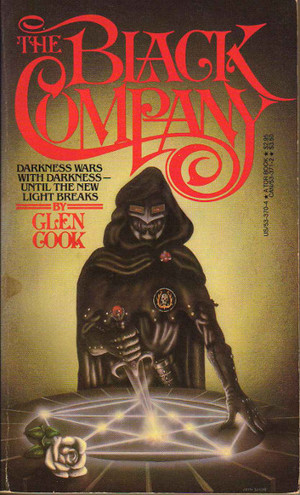
As soon as I opened The Black Company last May, I knew I was back home among a band of brothers I’d first met and come to love over thirty years ago.
– Fletcher Vredenburgh
When my friend Carl lent me his copy of The Black Company back in 1984 I didn’t know what was about to hit me. I had read some gritty fantasy previously — Michael Moorcock and Karl Edward Wagner in particular had published some pretty dark stories in the 1960s and 70s — but it was all written in the old familiar fantasy style. Both Moorcock and Wagner were rooted in the foundations of swords & sorcery laid by Robert E. Howard, CL Moore, and Fritz Leiber. No matter how callous their heroes, they were ultimately still cut from recognizable heroic cloth.
Cook introduced something new. He set aside the archaic prose flourishes of all those authors, instead drawing on hardboiled fiction to give his stories a contemporary feel. There’s a rejection of the mythic, fairytale setting in the Black Company books, and a wholehearted embrace of a “realistic” world where the battlefield reeks of blood, excrement, and decay. Mercenaries pillage, rape, and slaughter, presented in some detail and matter-of-factly. Even seen through the primary narrator’s somewhat romantic eyes, there’s a businesslike miserableness in these books I hadn’t previously encountered in fantasy. As soon as I finished the book I passed it on to to my friend Jim, he passed it on to George, and on and on it went until all my fantasy-reading friends had read it.
For the uninitiated, the Black Company series tells the story of the Last Free Company of Khatovar. Led by the eponymous Captain and Lieutenant, the Company can fight with the best of them, but prefers to outwit its enemies and win its battles by means of subterfuge and sabotage. The narrator, Croaker, serves as company surgeon and Annalist. For four centuries the Company has taken one contract after another, slowly working its way north from long-forgotten Khatovar. As the first book opens, they are approached by a mysterious masked figure offering a new contract even further north, across the sea. Within the first chapter everything changes for the Company, and they are embroiled in a war like they’ve never fought before.
For readers unfamiliar with The Black Company, but up-to-date on Martin, Abercrombie, and Bakker, this might sound old hat. Trust me when I tell you that it wasn’t. At seventeen, that first book hit me like a hammer between the eyes. Here were characters who essentially went to work for Sauron’s ex-wife. Over the course of the first and second books they became the baddest, most-feared band of killers in her army. The ostensible good guys are as vicious and murdering as anybody on the bad guys’ side. There’s a bit of moral redemption in the third book, but what really drives the protagonists is a deep self-interest in survival. To paraphrase Raymond Chandler, Cook took heroic fantasy out of the realm of faerie and put it into the bleak world where it belonged.
…
Read More Read More
